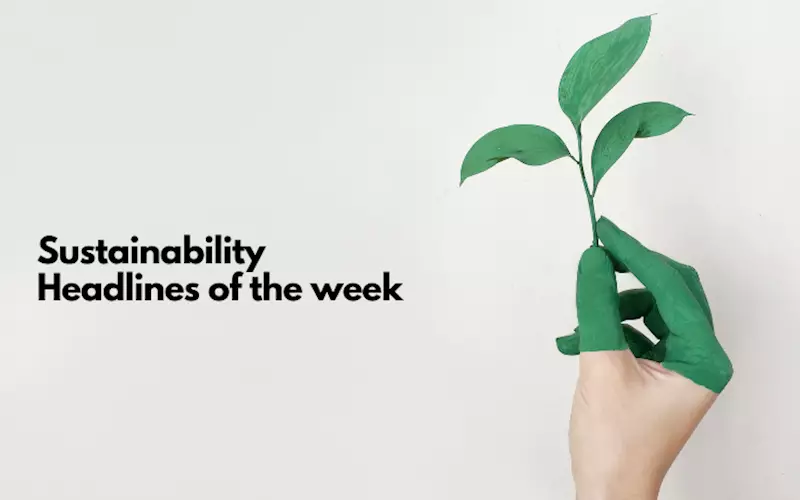Awareness campaign; South Delhi plastic ban
A weekly round-up of the latest sustainable packaging updates from India
24 Jul 2021 | By WhatPackaging? Team
Awareness campaign on single-use plastics
The ministry of environment, forest, and climate change on 8 June launched a campaign to create awareness against the use of single-use plastics. The two-month-long campaign, in association with GIZ, UN Environment Programme (UNEP), Federation of Indian Chambers of Commerce and Industry (FICCI), and the ministry of environment, forest and climate change, will comprise several regional events. Four online regional events, a social media campaign, hackathon, and student contests will be held as part of the initiative. The regional events will include interactive sessions on various themes related to single-use plastics and plastic waste management. It reiterates the government’s commitment to phase out identified single-use plastic items which have low utility and high adverse environmental impact. Plastics that are thrown away after their first use are known as single-use plastics. According to the United Nations, much of the plastics produced today are designed to be thrown away after first use. The plan of action of the campaign includes awareness generation and behavioural change to adopt eco-friendly alternatives to plastic; the regulatory regime for phase-out of identified single-use plastic items under Plastic Waste Management (PWM) Rules, 2016; engagement with central ministries, state governments, local bodies for better enforcement and wider penetration of alternatives to single-use plastic items; engagement with industry and industry associations for assistance and capacity building; strengthening of institutional mechanism for enforcement of PWM Rules.
South Delhi markets ban single-use plastic
The South Delhi Municipal Corporation has decided to ban single-use plastic in malls and marketplaces. The ban, as per the official notification, is on plastic bags with a thickness of up to 50 microns thick, but a senior official said they are trying to eradicate the use of plastic bags altogether. According to the civic body malls and marketplaces are cooperating in the initiative, but challans will be issued if they are found violating norms. The markets being targeted primarily include Green Park Market, Yusuf Sarai, Chattarpur Enclave, Kailash Colony, Shahpur Jat, M-Block GK-1. The focus of the corporation will also be on Defence Colony Market, Central Market in Lajpat Nagar, Pushp Market, Krishna Market, Meharchand Market and Sewa Nagar Vegetable Market. At present, a ban is also being implemented in Mehrauli Market, where a self-help group has been stationed to provide jute and cloth bags. The corporation, until now, has seized over 1,000 kg of plastic bags.
Environment Ministry’s memorandum stayedThe Madurai Bench of the Madras High Court on 16 July granted an interim stay on the operation of an office memorandum issued by the ministry of environment, forest and climate change, which provided a procedure for the grant of post-facto clearance to projects that have come up without environmental clearance under the Environmental Impact Assessment (EIA) notification, 2006. The stay was granted on a PIL filed by activist R Fatima of Thoothukudi. The law mandated prior clearance, and there was no provision for the grant of post-facto clearance under the EIA notification. The memorandum provided a backdoor entry to violators.
A plastic-free year for Loopify
Mumbai-based Loopify.world, which partners with ecologically conscious companies to reduce emissions and micro-plastics, by offering earth-friendly alternatives, has completed one year of its operation. The marketplace, founded by Hemal Gathani and Saurabh Gupta, offers more than 4,000 products sourced from 140+ sellers across 15 Indian states. According to the company, Loopify, offers 100% plastic-free, sustainable products for gifting, events, festivals and everyday living. The company practices a non-negotiable policy in terms of sourcing, delivery as well as creating awareness among its vendors to adhere to its zero-plastics policy. It offers a wide range of eco-friendly, upcycled, recycled products which are completely chemical-free, cruelty-free and locally sourced. In its first year of operations, Loopify.world has helped save 4,000 kg of plastic going to the landfills and oceans; as well as reduced 1,066 tonnes of carbon emission — simply by offering high-quality earth-friendly alternatives.











 See All
See All